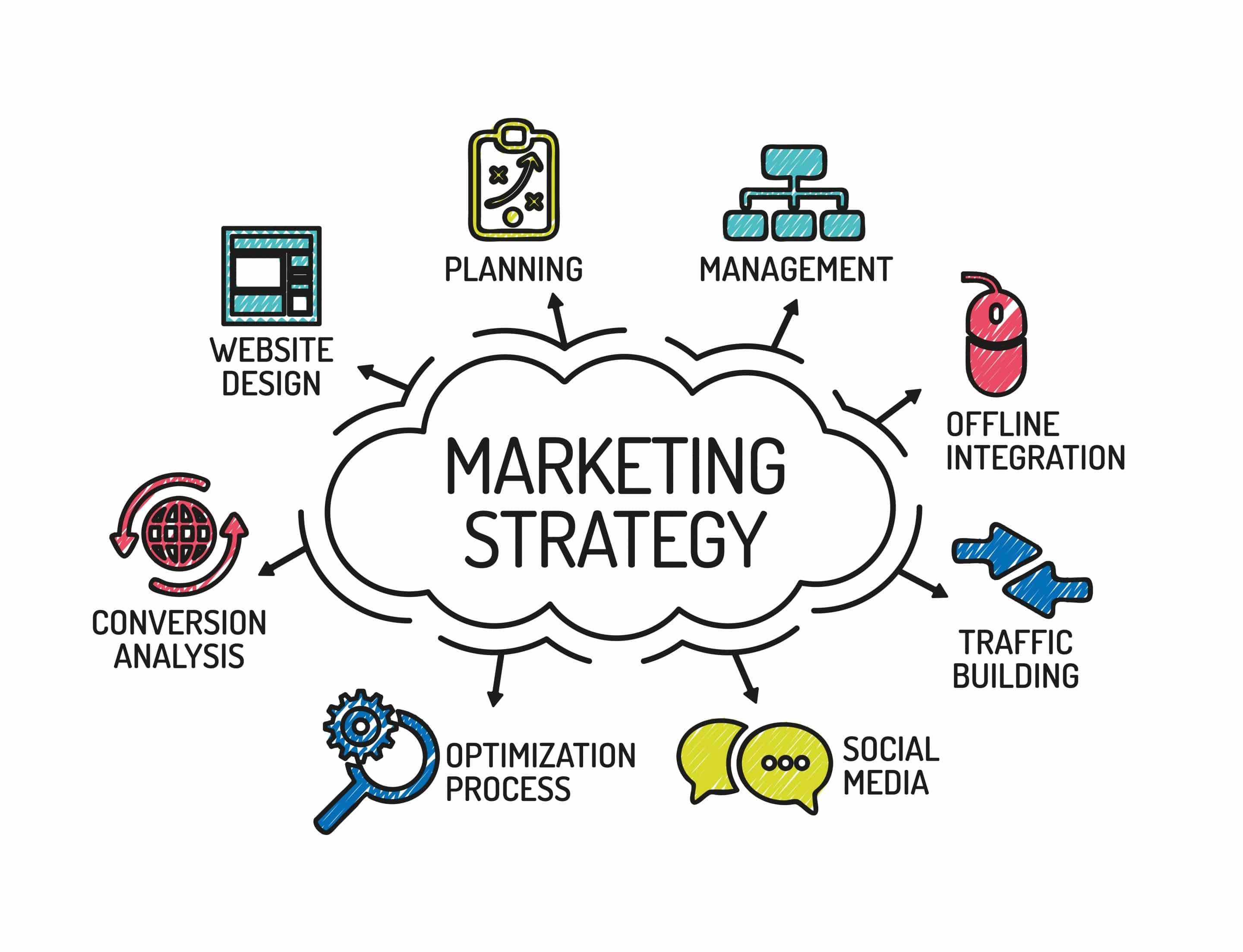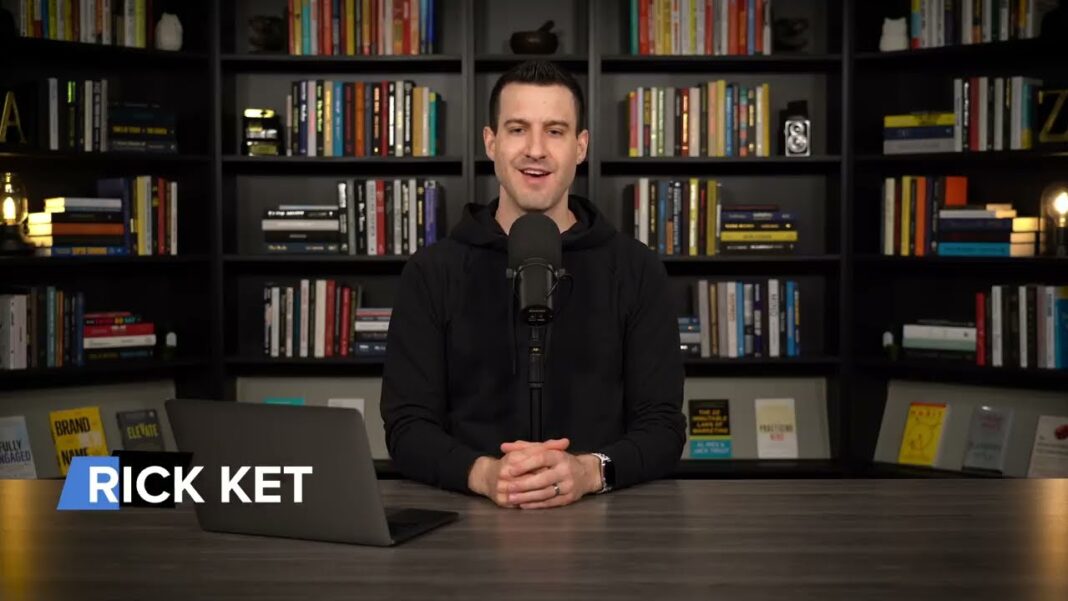Event planning is a highly competitive industry and in order to stand out and achieve success, it’s crucial to have a strong and effective marketing strategy in place. With the rise of social media and digital marketing, the traditional methods of event promotion are no longer as effective as they used to be. This makes it essential for event planners to constantly adapt and evolve their marketing tactics in order to reach and engage with their target audience. In this blog post, we will discuss the top marketing strategies that event planners can use to boost their success and create buzz around their events.
Understanding Your Target Audience
The first step towards creating an effective marketing strategy is to understand your target audience. You need to know who they are, what interests them, where they spend their time, and what motivates them to attend events. This information will help you tailor your marketing messages and choose the right channels to reach them.
Conduct Market Research
Market research is a crucial aspect of understanding your target audience. It involves gathering data and analyzing trends to gain insights into your potential attendees. This can include demographics such as age, gender, income level, and location, as well as psychographics like interests, values, and behaviors.
There are various tools and techniques available to conduct market research, such as online surveys, focus groups, and data analytics. It’s also helpful to look at past attendee data from similar events to understand what worked and what didn’t.
Create Buyer Personas
Once you have gathered all the necessary data, the next step is to create buyer personas. These are fictional representations of your ideal attendees based on the data you have collected. By creating detailed personas, you can better understand their needs, wants, pain points, and decision-making process.
For example, if you are organizing a music festival, one of your personas could be a 25-year-old college student who enjoys indie music and is looking for a fun and affordable weekend getaway.
Identify Your Unique Selling Proposition (USP)
In order to stand out in a crowded market, you need to have a unique selling proposition. This is what sets you apart from your competitors and gives attendees a reason to choose your event over others. Your USP should be tied to the needs and wants of your target audience and should be clearly communicated in all your marketing efforts.
For example, if you are organizing a trade show, your USP could be showcasing innovative and cutting-edge products that attendees won’t find anywhere else.
Crafting a Unique Value Proposition

Your value proposition is a statement that explains the benefits and value that attendees will receive by attending your event. It’s essentially a promise you make to your target audience and can greatly influence their decision to attend or not.
Define Your Event’s Value
To craft an effective value proposition, you first need to define the value your event offers. This can include networking opportunities, educational sessions, access to industry experts, entertainment, etc. Once you have identified the key value points, you can then use them to create a compelling value proposition that appeals to your target audience.
Keep it Clear and Concise
A good value proposition should be clear, concise, and easy to understand. Avoid using technical jargon or vague statements that don’t resonate with your target audience. Use simple and straightforward language to clearly communicate what makes your event unique and valuable.
Use it in Your Marketing Materials
Your value proposition should be prominently featured in all your marketing materials, including your event website, social media posts, and email campaigns. This will help create consistency and reinforce your messaging across all channels.
Utilizing Social Media for Promotion

With millions of active users on various social media platforms, it’s no surprise that event planners are increasingly turning to social media for event promotion. Here are some ways you can leverage social media to boost your event’s success.
Choose the Right Platforms
The first step is to identify which social media platforms your target audience is most active on. This will help you focus your efforts and ensure that you are reaching the right people. For example, if you are targeting a younger audience, Instagram and Snapchat might be more effective, while LinkedIn might be better for a professional conference.
Create Engaging Content
Social media is all about engagement, so you need to create content that resonates with your target audience. Share sneak peeks of your event, behind-the-scenes footage, interviews with speakers or sponsors, and other interesting and relevant content to generate excitement and interest.
Utilize Paid Advertising
While organic reach on social media is declining, paid advertising can help you reach a wider audience and increase brand awareness. Platforms like Facebook and Instagram offer highly targeted advertising options that allow you to reach people based on their demographics, interests, and behaviors.
Leveraging Email Marketing Campaigns
Despite the rise of social media, email marketing remains one of the most effective ways to reach potential attendees and promote your event. Here are some tips for creating successful email marketing campaigns.
Build an Opt-In Email List
The first step in email marketing is to build a list of contacts who have given you permission to send them promotional emails. This ensures that your emails are being sent to people who are interested in your event and are more likely to engage with your messages.
Personalize Your Emails
Personalization is key to making your email marketing campaign successful. Use the data you have collected to segment your list and personalize your emails based on factors like age, location, and interests. By sending targeted and relevant messages, you can increase open and click-through rates.
Don’t Forget About Mobile
With more and more people checking their emails on their phones, it’s important to ensure that your emails are mobile-friendly. This means using a responsive design that looks good on all devices and keeping your subject lines short and concise.
Creating Engaging Event Content
Content marketing is an effective way to attract potential attendees, engage with them, and turn them into paying customers. Here are some ways you can use content to promote your event.
Create Blog Posts
Blogging is a great way to share information about your event and generate interest among your target audience. Use your blog to showcase speakers, sponsors, and exhibitors, share event updates and news, and provide valuable industry insights and tips.
Use Video
Video is becoming increasingly popular on social media, making it an effective tool for promoting your event. You can create promotional videos, behind-the-scenes footage, speaker interviews, and other video content to engage with your audience and give them a taste of what to expect at your event.
Encourage User-Generated Content
User-generated content (UGC) is content created by attendees or participants of your event. This can include photos, videos, tweets, blog posts, etc. Encouraging UGC not only helps promote your event, but also creates a sense of community and encourages attendees to share their experiences with others.
Implementing Influencer Partnerships
Collaborating with influencers can help expand your reach and create buzz around your event. These are individuals or organizations with a large following on social media who can promote your event to their audience. Here’s how you can leverage influencer partnerships for event promotion.
Identify Relevant Influencers
The key to a successful influencer partnership is to find influencers who are relevant to your event and have a strong following in your target market. For example, if you are organizing a food festival, partnering with food bloggers or chefs would be more effective than partnering with a fitness influencer.
Offer Value to the Influencers
Influencers are often bombarded with partnership requests, so you need to offer them something of value in return for promoting your event. This can include complimentary tickets, exclusive access, or even monetary compensation. Make sure to clearly communicate what’s in it for them and how their audience will benefit from attending your event.
Leverage Their Audience
Influencers have built a loyal following who trust their recommendations. By partnering with them, you can tap into this audience and increase brand awareness. You can also ask the influencers to create UGC or even run ticket giveaways on their social media channels to further drive engagement and interest.
Maximizing SEO for Event Pages
Search engine optimization (SEO) is crucial for any event that wants to be found by potential attendees through search engines like Google. Here are some tips for optimizing your event pages for SEO.
Perform Keyword Research
The first step in SEO is to identify the keywords that your target audience is using to search for events like yours. Use tools like Google Keyword Planner or SEMrush to research keywords and choose ones that are relevant and have high search volume.
Optimize Your Website
Make sure that your website is optimized for SEO by including your chosen keywords in your page titles, meta descriptions, image alt tags, and throughout your content. This helps search engines understand what your page is about and rank it higher in search results.
Build Backlinks
Backlinks are links from other websites to your event page and are an important factor in SEO. The more high-quality backlinks you have, the more credible your event page appears to search engines. You can build backlinks by reaching out to industry publications, bloggers, and other websites and asking them to link to your event page.
Tracking and Analyzing Marketing Metrics
It’s important to track and analyze your marketing efforts to understand what’s working and what needs improvement. Here are some key metrics you should be tracking.
Website Traffic and Engagement
Your event website is often the first point of contact with potential attendees, so it’s important to track how many people are visiting your site and how they are engaging with it. This can include metrics like page views, time spent on site, bounce rates, and conversion rates.
Social Media Engagement
Track the engagement on your social media posts, such as likes, shares, comments, and click-through rates. This will help you understand which types of content are resonating with your audience and which channels are driving the most engagement.
Email Marketing Metrics
For email marketing campaigns, track metrics like open rates, click-through rates, and unsubscribe rates. This will give you insights into the effectiveness of your email subject lines, content, and list segmentation.
Developing a Post-Event Marketing Plan
Marketing shouldn’t stop once your event is over. A post-event marketing plan can help you extend the lifespan of your event and generate buzz for future events. Here are some ideas for post-event marketing.
Share Event Highlights
Use photos and videos from your event to create a post-event recap that you can share on social media and your blog. This not only engages attendees who were at the event, but also creates FOMO (fear of missing out) among those who didn’t attend.
Collect Feedback and Reviews
Gathering feedback from attendees and sponsors is crucial for improving future events. Send out surveys or ask for reviews on social media or your website. This will not only provide valuable insights, but also help promote your event to potential attendees.
Leverage User-Generated Content
Remember all the UGC we talked about earlier? Well, now is the time to use it. Share UGC from your event on social media and your website to showcase the success of your event and encourage others to attend in the future.
Conclusion
In today’s digital age, event planners need to constantly adapt and evolve their marketing strategies in order to stand out and achieve success. By understanding your target audience, crafting a unique value proposition, utilizing social media, leveraging email marketing campaigns, creating engaging event content, implementing influencer partnerships, maximizing SEO, tracking and analyzing metrics, and developing a post-event marketing plan, you can create buzz around your event and attract the right attendees. Remember to always stay up-to-date with the latest marketing trends and techniques to ensure the success of your future events.

